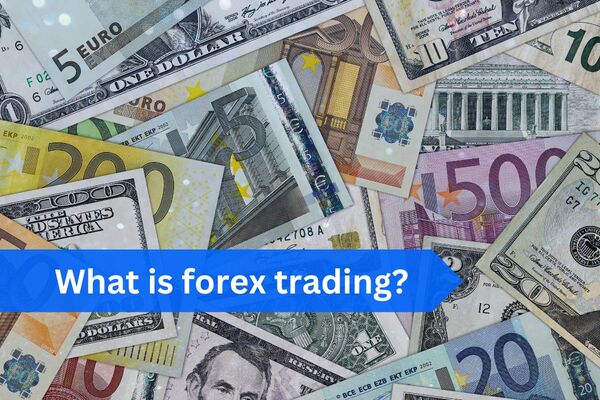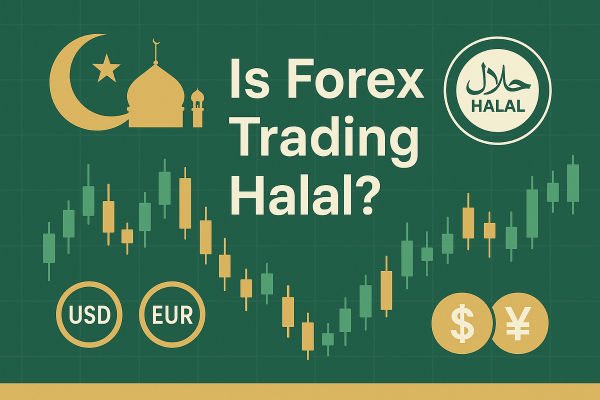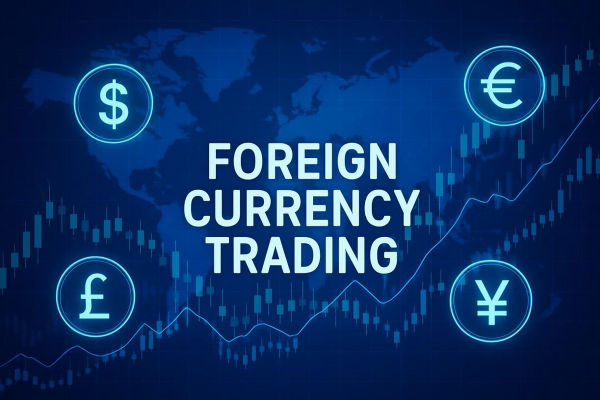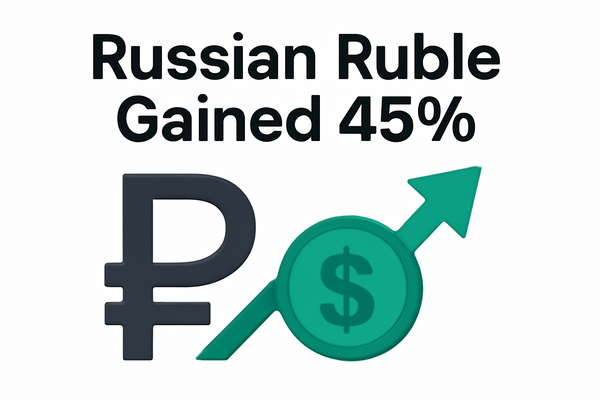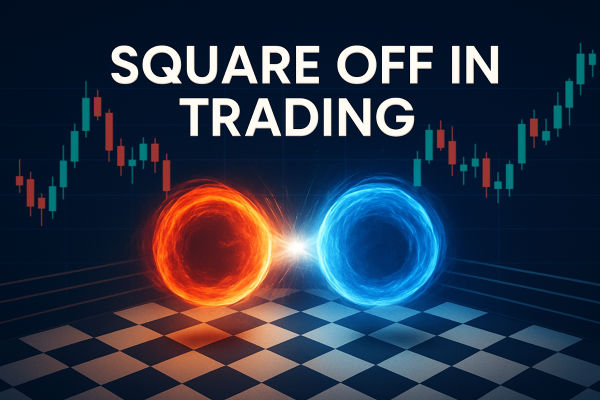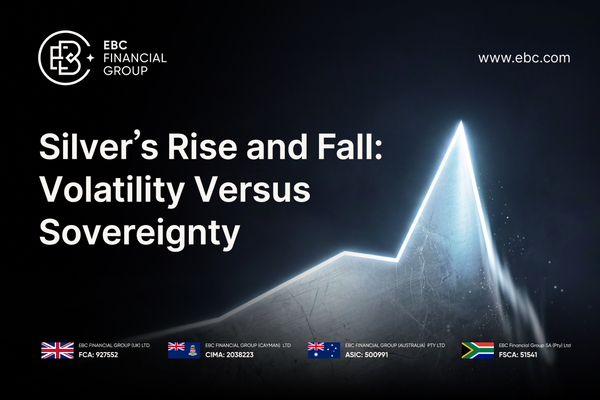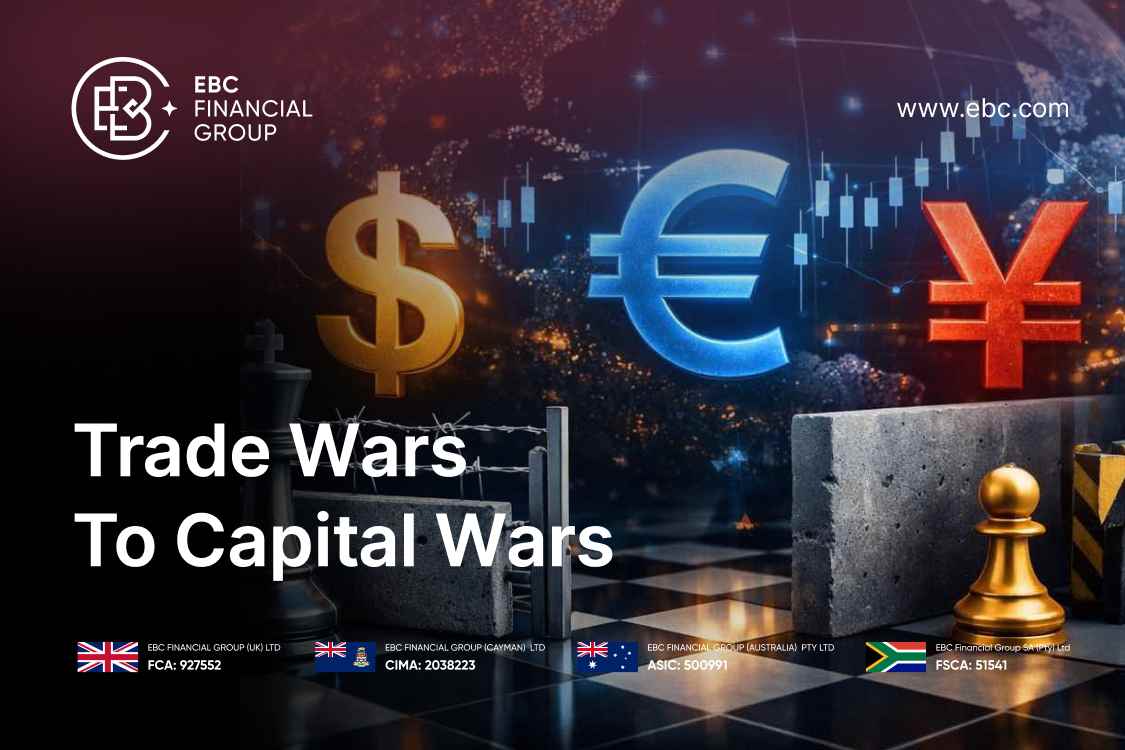Forex trading, also known as foreign exchange or FX trading, is the global marketplace for buying and selling currencies. As the largest and most liquid financial market in the world, forex attracts traders from all backgrounds, from major banks to individual investors.
But what exactly is forex trading, and how do traders profit from currency movements? Here's what you need to know.
What Is Forex Trading?
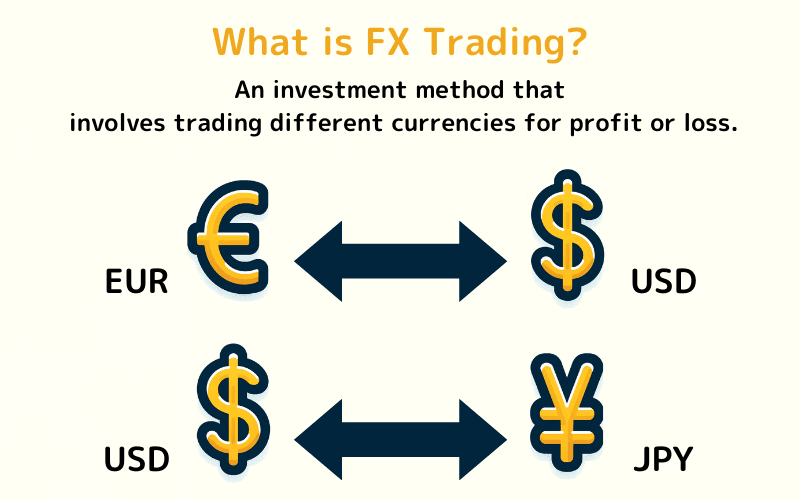
Forex trading involves exchanging one currency for another with the aim of making a profit. The market operates 24 hours a day, five days a week, enabling participants to trade major global currencies such as the US dollar (USD), euro (EUR), British pound (GBP), and Japanese yen (JPY), among others.
Trades are executed in currency pairs, such as EUR/USD or GBP/JPY. The first currency in the pair is the "base" currency, and the second is the "quote" currency. The exchange rate tells you how much of the quote currency you need to buy one unit of the base currency.
How Do Traders Profit from Forex?
1. Speculating on Price Movements
Forex traders aim to profit by predicting whether a currency will strengthen or weaken relative to another. If they believe the euro will rise against the US dollar, they might buy EUR/USD. If they expect the euro to fall, they might sell EUR/USD. Profit is made when the market moves in the trader's favour.
2. Leverage and Margin Trading
Forex brokers offer leverage, allowing traders to control a larger position with a smaller deposit (known as margin). For example, with 50:1 leverage, a trader can control £50,000 worth of currency with just £1,000. While leverage magnifies profits, it also increases the risk of losses.
3. Trading Strategies
Traders use a variety of strategies to profit from currency moves, including:
Day Trading: Opening and closing positions within the same trading day to capture small price movements.
Swing Trading: Holding positions for several days to benefit from short- to medium-term trends.
Position Trading: Taking longer-term positions based on economic fundamentals or major trends.
Scalping: Making numerous quick trades to capture tiny price changes.
4. Arbitrage Opportunities
Some traders exploit price discrepancies between different brokers or markets. By simultaneously buying and selling the same currency pair in different places, they can lock in risk-free profits, although these opportunities are rare and often short-lived.
What Drives Currency Prices?
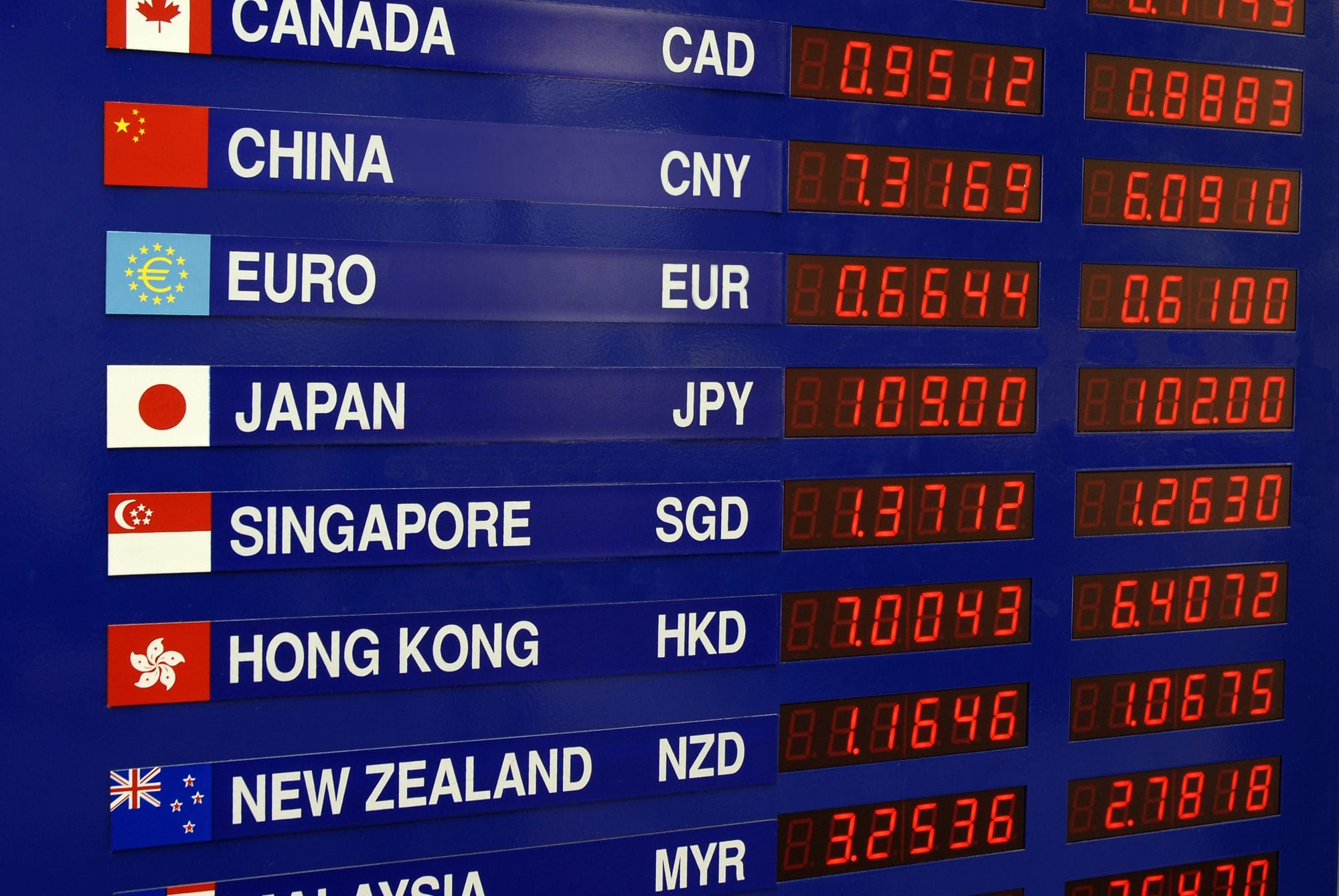
Several factors influence currency prices in the forex market:
Economic Data: Reports such as GDP growth, employment figures, and inflation rates can move currencies.
Interest Rates: Higher interest rates tend to attract foreign capital, boosting a currency's value.
Political Events: Elections, policy changes, and geopolitical tensions can create volatility.
Market Sentiment: News headlines, trader psychology, and global risk appetite play a major role in short-term moves.
Risks and Rewards of Forex Trading
Potential Rewards
Liquidity: The forex market's massive size means you can enter and exit trades quickly.
Opportunities: With currencies moving up and down daily, there are always trading opportunities.
Accessibility: Forex trading is available to anyone with an internet connection and a Trading Account.
Risks
Leverage: While it can amplify gains, leverage also increases the risk of significant losses.
Volatility: Currency prices can move rapidly, especially during major news events.
Complexity: Understanding global economics, technical analysis, and risk management is essential.
How to Get Started in Forex Trading
Learn the Basics: Understand how currency pairs work, what moves the market, and the risks involved.
Choose a Regulated Broker: Open a trading account with a trusted, regulated forex broker.
Develop a Trading plan: Define your goals, risk tolerance, and preferred trading strategies.
Practise on a Demo Account: Test your strategies with virtual money before trading live.
Manage Your Risk: Use stop-loss orders and only risk a small portion of your capital on each trade.
Conclusion
Forex trading offers the potential for profit by speculating on currency movements in the world's most liquid market. By understanding how traders profit, what drives price changes, and the importance of risk management, you can approach forex trading with greater confidence and discipline.
Remember, success in forex is built on knowledge, strategy, and a clear understanding of the risks and rewards.
Disclaimer: This material is for general information purposes only and is not intended as (and should not be considered to be) financial, investment or other advice on which reliance should be placed. No opinion given in the material constitutes a recommendation by EBC or the author that any particular investment, security, transaction or investment strategy is suitable for any specific person.
